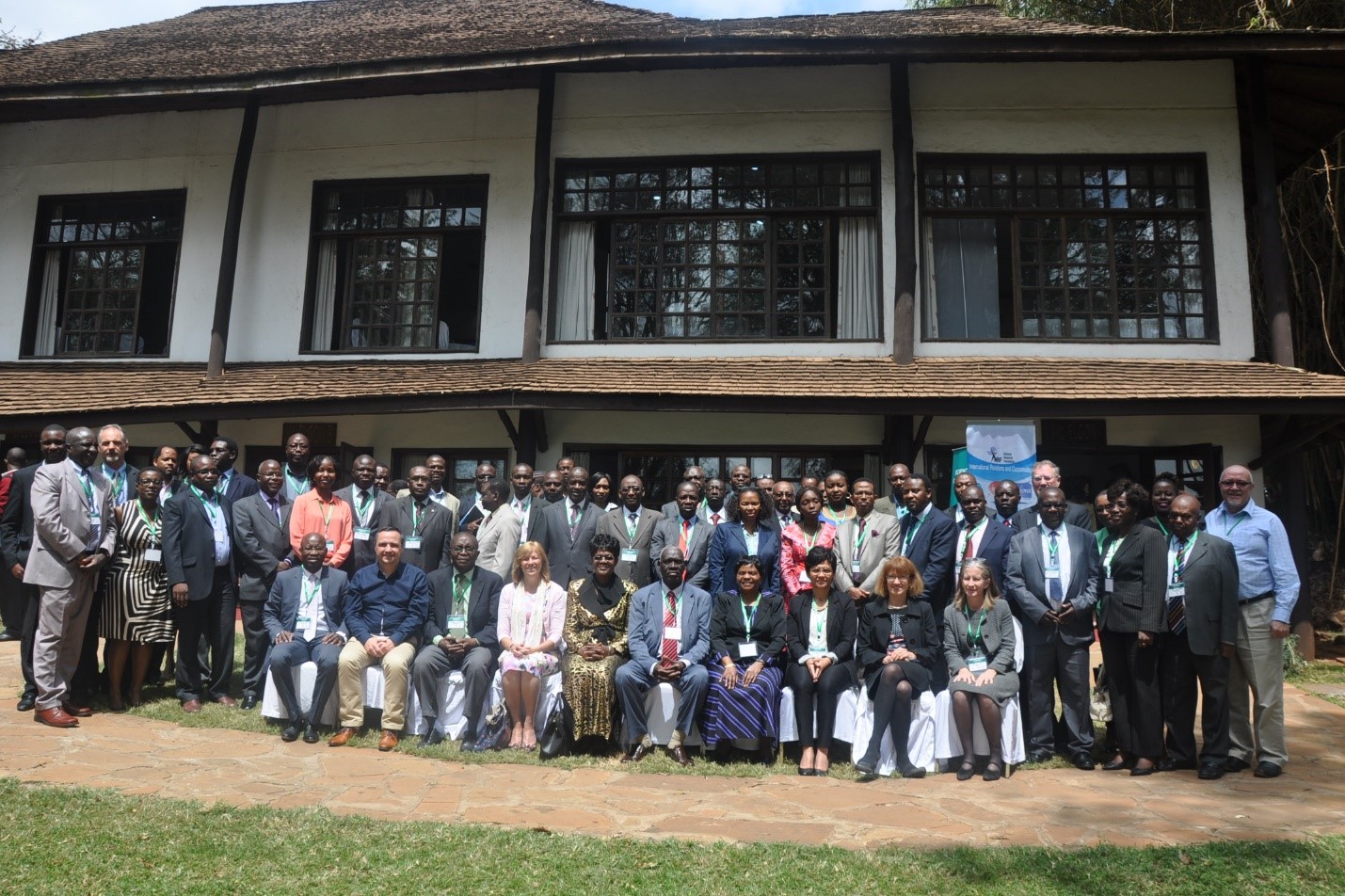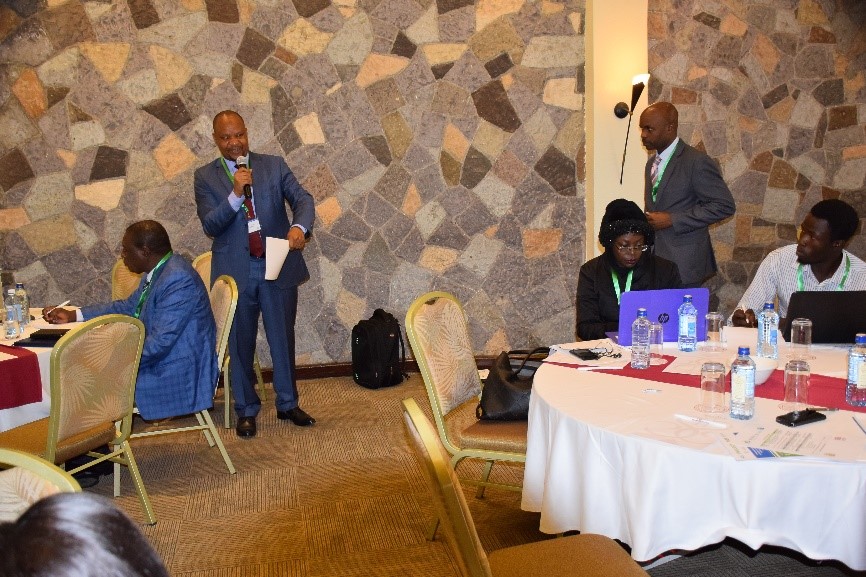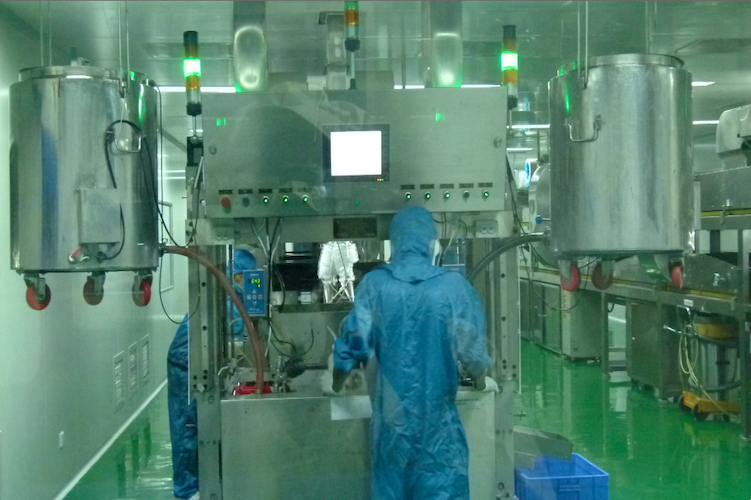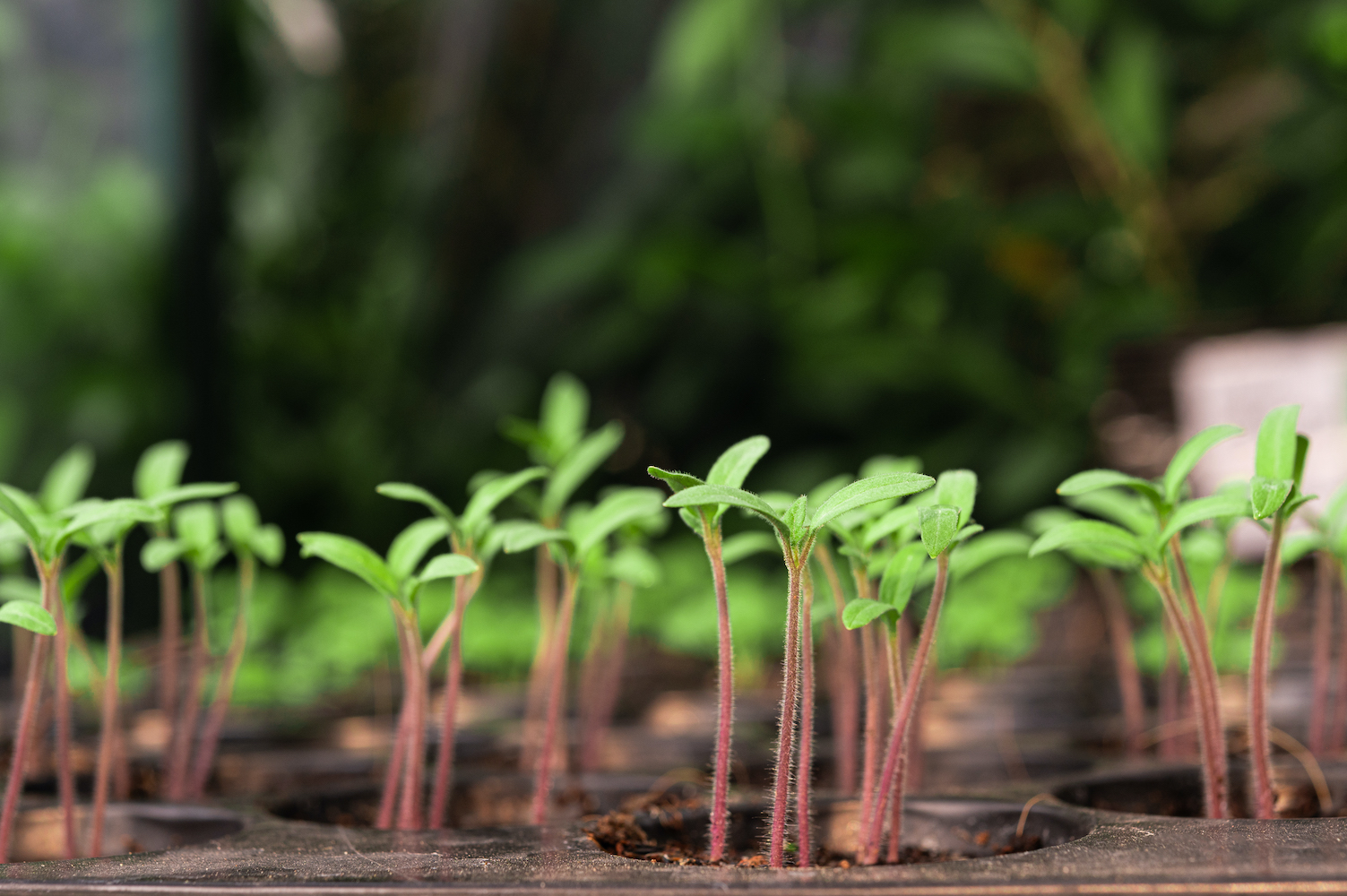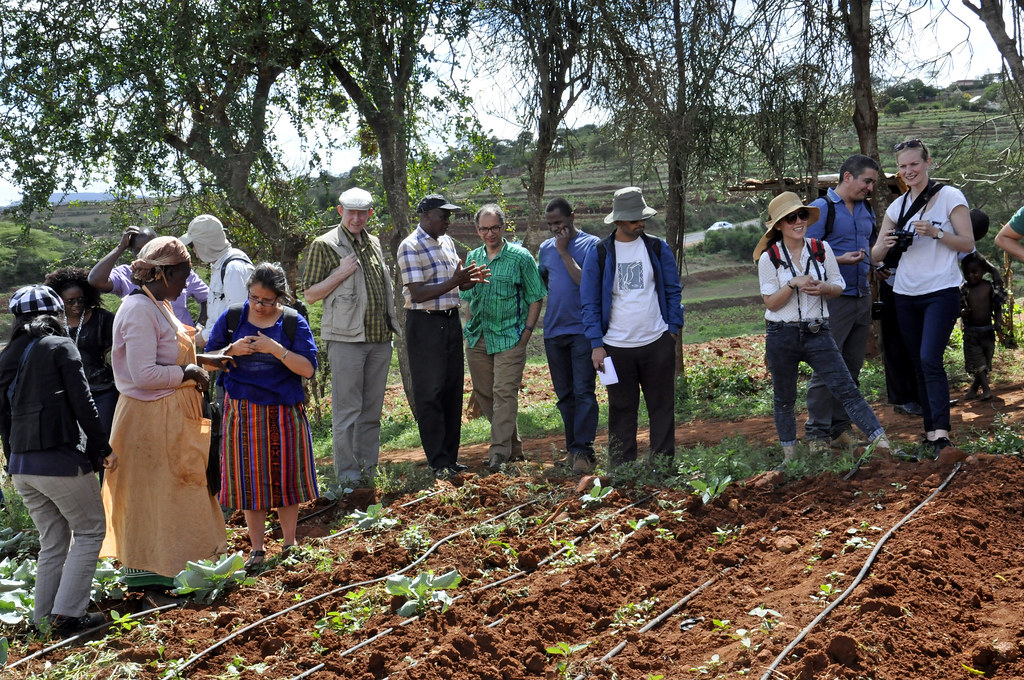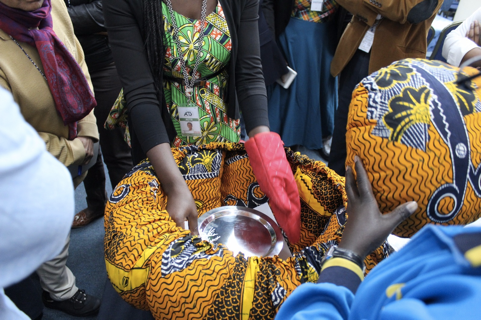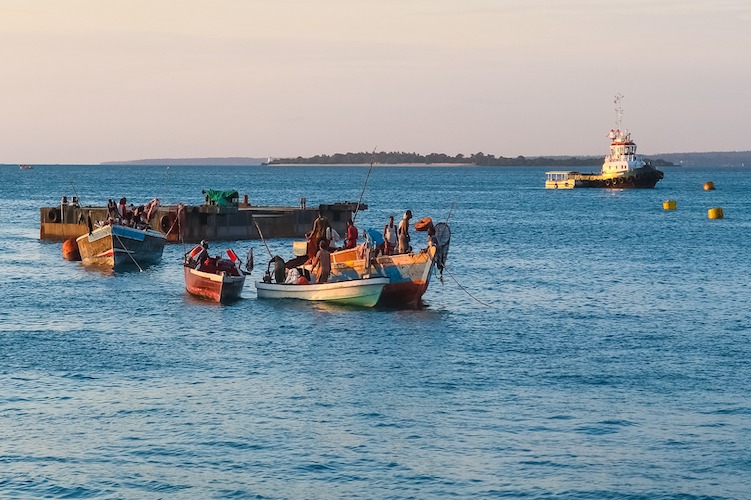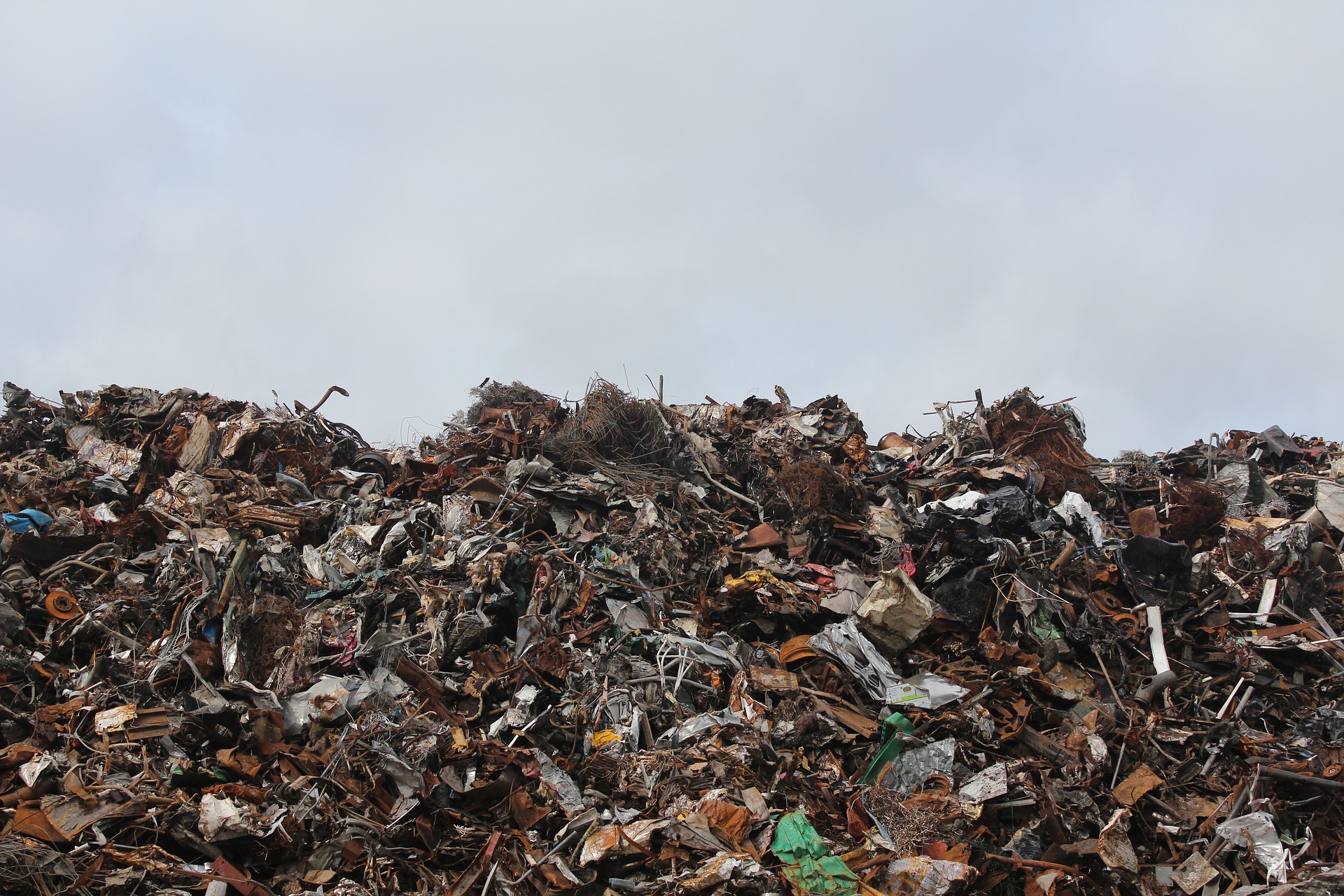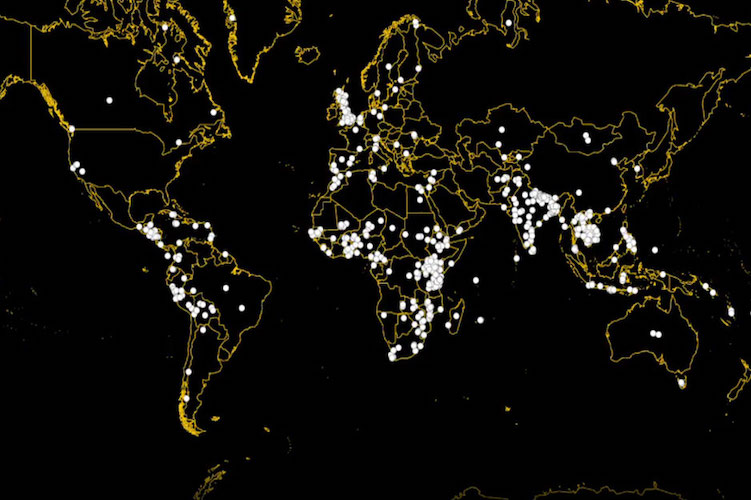ACTS was contracted by the Canadian International Development Research Council (IDRC) to work with 15 African Science Granting Councils (SGCs) to strengthen collaboration between councils and with the private sector.
- +254 710 607 210
- info@acts-net.org
- Mon - Fri 8:00 AM - 17:00 PM
Projects
This project seeks to bridge the gap between research and policy making in climate change in Kenya and to strengthen the links between Kenyan climate policymakers, researchers and think tanks.
This project studies the supply chains of essential medicines and medical equipment and supplies from local industries and imports into the health systems in Tanzania and Kenya.
African Centre for Technology Studies (ACTS) is working with FAO to identify the linkages between energy access and food losses in low-income countries in Sub- Saharan Africa (SSA) and to present case studies on novel ways of using energy to reduce losses.
For many developing countries ensuring food security remains a key development challenge, often aggravated by climate change impacts.
With funding from InfoDev, World Bank, ACTS has established the East Africa Climate Innovation Network (EACIN). The project commenced in Jan 2012 to Dec 2012. It was extended for 6 months to June 2013.
This is an action-research project being undertaken by ACTS through the DFID-TERI partnership. It Started in Oct 2012 and is expected to end in July 2015. The aim is to pilot models that can be scaled for provision of clean lighting and improved cook stove solutions for poor households in Kenya.
This project has been initiated by ACTS and Environment Liaison Centre International (ELCI) under the theme “greening the fisheries”. It was supported through ELCI and although it was initiated between March 2013 – November 2013, it will take several years to be implemented.
IAASTD was initiated in 2002 by the World Bank and the Food and Agriculture Organization (FAO) of the United Nations as a global consultative process to determine whether an international assessment of agricultural knowledge, science and technology was needed.
The Centre collaborated with Leonard Chesire Disability and Inclusive Development Centre, University College London (UCL) and Real Impact to carry out research to explore the livelihoods of persons with disability and their opportunities in urban agriculture. The project period was March 2012 - Dec 2012. This research project was a component of the DFID funded Cross Cutting Research Programme.
The Integrated Transboundary Water Resources Management for the Lake Victoria Basin is a training programme targeting middle to high level personnel working on water issues that are Transboundary in nature. This was a 5 year project funded by Sida and implemented through partnership between Ramboll Natura, ACTS and SEI. 2010/2011 was the 5th and last phase of the project.
The PISCES project was a 5-year initiative funded by DfiD that kicked off in 2007 up to June 2012. PISCES was granted an 18 months extension in 2012 that came to an end in December 2013. The objective of the project has been to provide policy makers with new information and approaches which they can apply to unlock the potential of bio-energy to improve energy access and livelihoods in poor communities.
ACTS in partnership with colleagues in Eastern and Southern Africa, Europe and South Asia are undertaking an action research, testing tools for community adaptation, knowledge generation and capacity building project on Community-Based Adaptation to Climate Change in Africa (CBAA).
CLACC has been a capacity building global programme targeting the Least Developed Countries (LDCs) and aims to strengthen their efforts to adapt to the unprecedented impacts of climate change linked to frequent droughts, floods, storms and others.
Climate change is affecting all countries, but Least Developed Countries and other vulnerable developing countries are expected to be hit earliest and hardest.
Kenya - weADAPT Development and Case Studies with Google
WeADAPT, spearheaded by the Stockholm Environment Institute (SEI), is a network of organizations working on climate change adaptation. The project seeks to collaboratively develop and pool expertise on climate change adaptation and develop and distribute new and innovative tools, methods and datasets.
In Kenya and other East African countries, there is a huge impetus to innovate in a context of uncertainty - in the world economy, climate change and human security. Innovation can be harnessed for development in many ways by both public and private sectors – from governments and transnational companies to small entrepreneurs filling a low cost market niche.
Contact us


